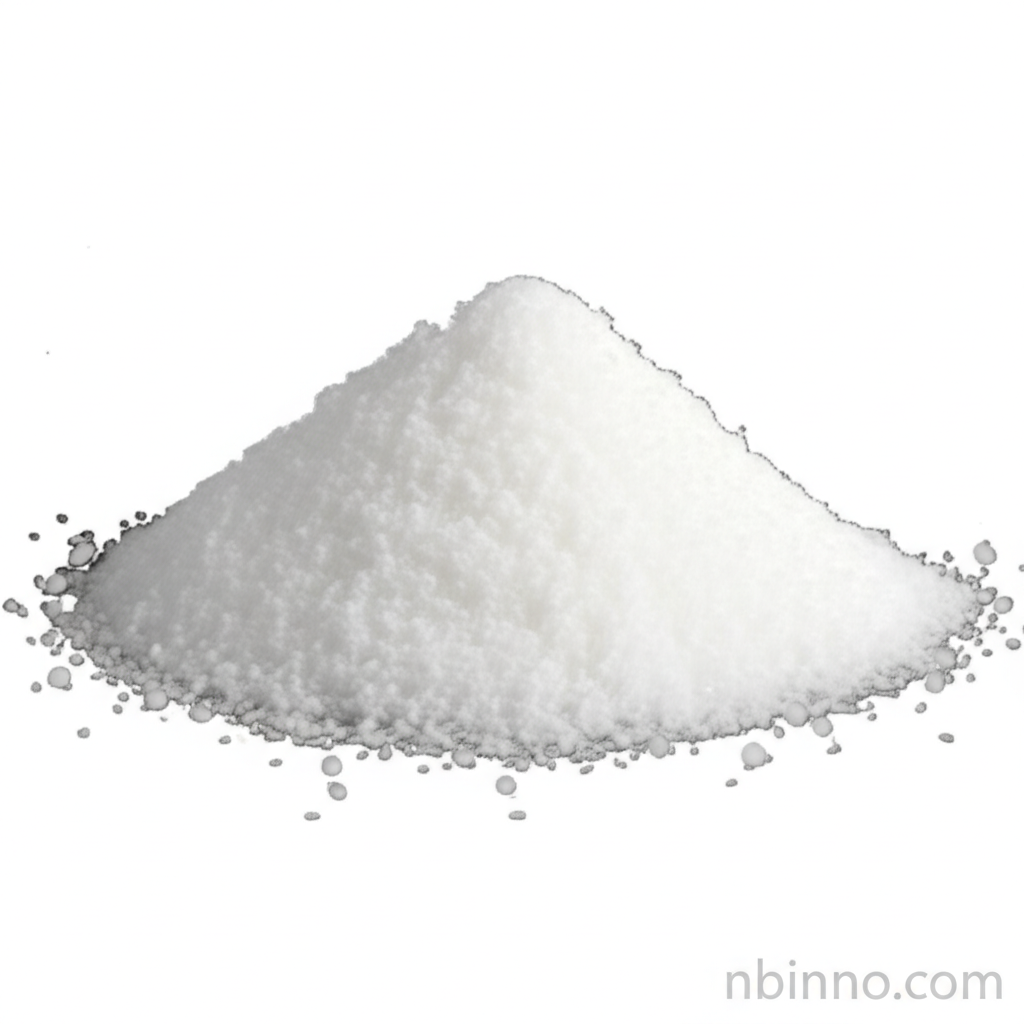Sodium Saccharin (CAS 128-44-9): A Comprehensive Guide
Discover the properties, uses, and safety of Sodium Saccharin, a leading artificial sweetener.
Get a Quote & SampleProduct Core Value

Sodium Saccharin
Sodium Saccharin is a high-intensity, non-nutritive sweetener, offering intense sweetness with minimal to no calories. It is widely recognized for its stability and versatility across various applications, making it a preferred choice for sugar replacement.
- Discover the key benefits of using sodium saccharin as a sugar substitute, potentially aiding in weight management.
- Explore the chemical properties of sodium saccharin, including its stability and solubility, crucial for its extensive uses.
- Understand the regulatory status and safety evaluations of sodium saccharin, ensuring its appropriate use in consumer products.
- Learn about the diverse applications of sodium saccharin, from food and beverages to pharmaceuticals, highlighting its market significance.
Advantages of Sodium Saccharin
Exceptional Sweetness Intensity
Achieve remarkable sweetness with minimal quantities, making sodium saccharin a cost-effective solution for sugar replacement and a key component in managing calorie intake through artificial sweeteners.
Versatile Application
Benefit from the broad usability of sodium saccharin in various food and beverage formulations, as well as pharmaceutical products, contributing to stable and palatable end-products.
Enhanced Stability
Utilize sodium saccharin's heat stability and long shelf-life, ensuring consistent performance and quality in processed foods and manufactured goods, a crucial factor in food production.
Key Applications
Food and Beverages
Sodium saccharin is extensively used as a low-calorie sweetener in diet soft drinks, baked goods, candies, jams, and chewing gum, offering sweetness without the caloric impact of sugar.
Pharmaceuticals
In pharmaceutical formulations, sodium saccharin serves as an excipient to mask unpleasant tastes in medicines, enhance palatability in syrups, tablets, and suspensions, and can be used in vitamin preparations.
Tabletop Sweeteners
As a convenient sugar substitute, it is commonly found in pink packets for personal use at the table, allowing individuals to control their sugar and calorie intake.
Cosmetics and Oral Hygiene
Sodium saccharin is incorporated into products like toothpaste and mouthwash to provide a pleasant sweet taste, improving user experience.
